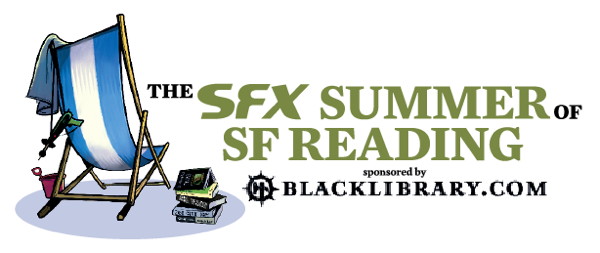
Hardly unexpected, of course, given the great man’s credentials in the genre – which, under his Iain M Banks moniker, includes eight novels in his highly-acclaimed Culture mythology (a ninth, The Hydrogen Sonata , follows this October). And the ever-enthusiastic Scotsman is keen to share a lifetime of discoveries that helped shape one of Britain’s leading writers…
To celebrate the launch of his new book The Hydrogen Sonata Iain M Banks is appearing at Bath’s Topping & Company Booksellers in October. Learn more here…

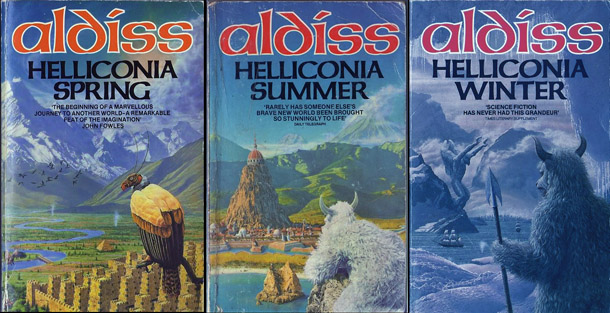
Brian Aldiss
“I want to prefigure this by saying that there are not any writers I am obsessed with – I just enjoy a lot of sci-fi and got into most of it at a young age. Of the so-called ‘older guard’, Brian Aldiss is my favourite. I was okay with people like Robert Heinlein and Isaac Asimov but, in general, I was never a great fan of early sci-fi. Aldiss was definitely the big exception to that. He was the first writer I felt a connection with – what you might call a great nuance of the Force [laughs]. I also think that his stuff still feels relevant. Although he was a classic sci-fi writer, he could also hold his own to the new wave sci-fi writers that were coming along in the ’60s and ’70s.”
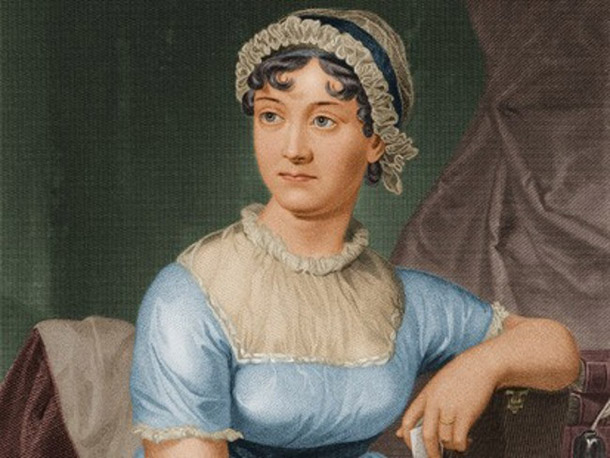
Jane Austen
“I guess I should round up some of the usual suspects – you know, the ‘greats’ that everyone speaks about. I’ll start with Jane Austen because I just really enjoy her stuff. Of course, I don’t think there is much of her work that is identifiable in mine. In fact, I doubt there is a critic out there reading one of my books who will say, ‘Oh I think I can see a little Jane Austen in there.’ [laughs] But that’s the thing, you can admire someone, and take inspiration from them, without them actually having a big influence on your work. Although maybe as the writer I am the last person who should say that...”
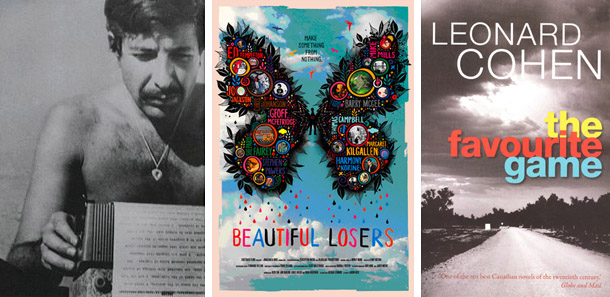
Leonard Cohen
“I am, of course, talking about the same Leonard Cohen who makes music but not a lot of people know that he used to write novels as well. He did two: Beautiful Losers and The Favorite Game . And guess what? They are actually pretty good... certainly an awful lot better than Tarantula by Bob Dylan! Now that was a so-called ‘experimental novel’ although to me it was just white noise. There was no plot, no filters... Leonard Cohen, however, did some impressive work.”
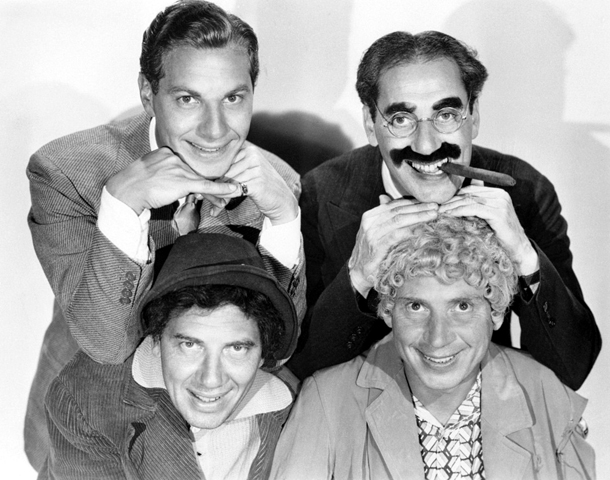
The Marx Brothers
“A lot of my influences are not literary and one such example is the Marx Brothers. I think it’s their sheer anarchy that I love. I always thought Groucho was great, just for his verbal gymnastics, but then you had Harpo, who said very little but was every bit as funny. The films that they made were often just sheer unleashed anarchy! Watching them as a kid had a massive influence on me. I remember enjoying The Goodies many years later and it was quite obvious that they took quite a lot from the Marx Brothers.”
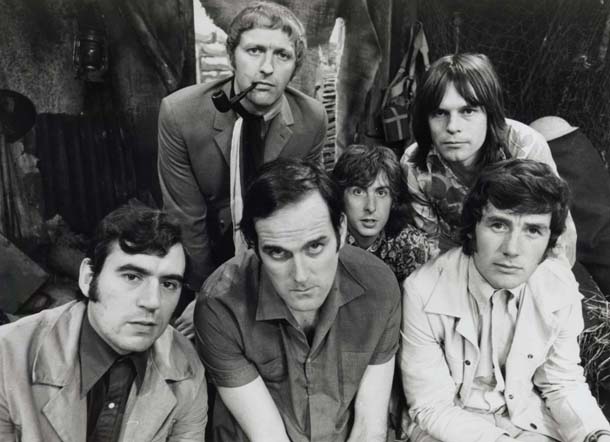
Monty Python
Moving on from the Marx Brothers you come to Monty Python, which sort of reinvented comedy for a new generation. I remember sitting around when I was first trying to become a writer, and just attempting to figure out what it was I wanted to do, and during that time I watched a lot of Python. It is all just so brilliant. It was a big non-literary influence for me, although, again, I’m not sure how many people will see any of that in my work.”
Sign up to the SFX Newsletter
Get sneak previews, exclusive competitions and details of special events each month!
More Heroes & Inspirations on the next page…
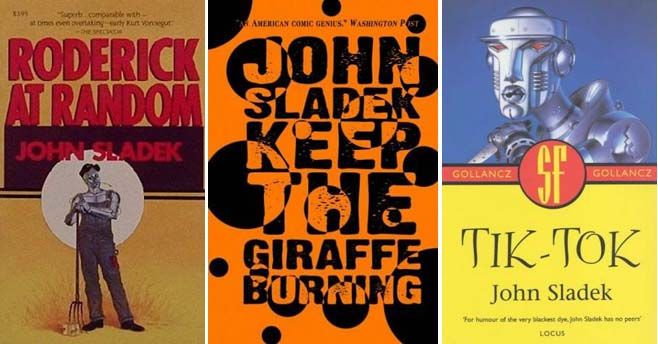
John Sladek
“I think that the funniest science fiction writer of all time is John Sladek. He is another underrated name that more people should make a point of seeking out. He had a really hard edge to his stuff but he was also a genuinely fantastic satirist – and I say that in the full Swiftian meaning of the word.”

The ’70s
“Despite what some people have said, I thought that the ’70s was a pretty good time to grow up in. Back then there was a shared sense of society and the hope that things were getting better. The Culture was coming together back then and really grew out of that. It was just before Thatcher took over... I mean got elected into office. [laughs] I think that the attitude of Thatcherism already existed in the ’70s but it was not nearly as widespread. Despite the fantastic nature of it, space opera is not written in a vacuum – and no matter how much someone is divorced from what is happening around them there is always going to be stuff in there that would not be present if the writer had not existed at that time. So I think that the society that I was conscious of growing up in had a big affect on me”

Scotland
“Scotland has always been a big influence in my writing, and not just when I’ve written books that are set in the country. It’s funny because in the ’70s I left Scotland to go and live in London for a while but I couldn’t find a job down there. I moved to Kent in 1983 with my ex-girlfriend and then moved back to Edinburgh in 1988. I’ve lived in North Queensferry since 1993 and I don’t see myself moving. I think that being Scottish means a lot to me. I have become, almost reluctantly, a pragmatic Scottish nationalist. I think the Tories do that to you!”
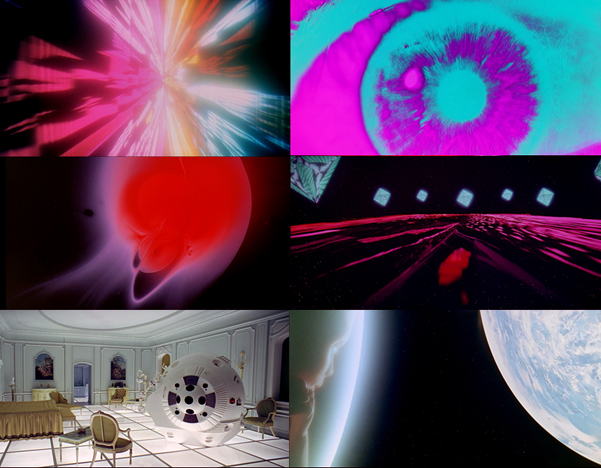
2001: A Space Odyssey
“I think everyone was impressed when 2001 came out. It was a much more serious film than Forbidden Planet , of course, and it sort of took sci-fi films to a whole new level. I think I saw it a few years after it first came out.”
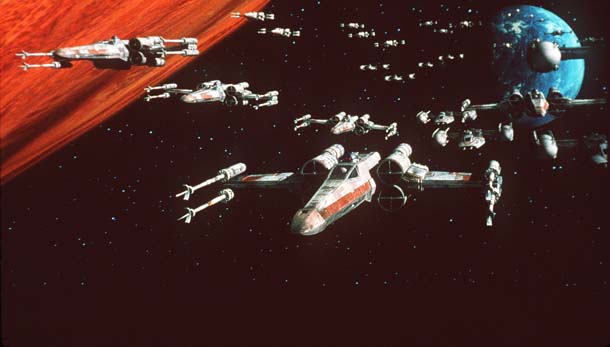
Star Wars
“I love watching films and I think that they can give you an idea of what looks cool, but most of my influences have still been literary. However, all of the big action sequences that you see in my book Consider Phlebas are only there because I saw Star Wars back in 1977. The thing that was so great about Star Wars is that it allowed you to think, Oh wow, I could do that too. As an author my effects budget is limitless.’ All of the ideas that I thought seemed a bit too mad now didn’t seem mad at all. I had stuff in my mind that I put into the category of ‘lunatic ideas’. Like writing about a fistfight under a giant hovercraft. Before Star Wars you would think about that and say to yourself, “You know, maybe that is a bit too James Bond, no one could possibly take that seriously.’ But after Star Wars all of that was okay. It became okay to do complete spectacle. So, yeah, Consider Phlebas only really exists because of Star Wars. ”
SFX Magazine is the world's number one sci-fi, fantasy, and horror magazine published by Future PLC. Established in 1995, SFX Magazine prides itself on writing for its fans, welcoming geeks, collectors, and aficionados into its readership for over 25 years. Covering films, TV shows, books, comics, games, merch, and more, SFX Magazine is published every month. If you love it, chances are we do too and you'll find it in SFX.


